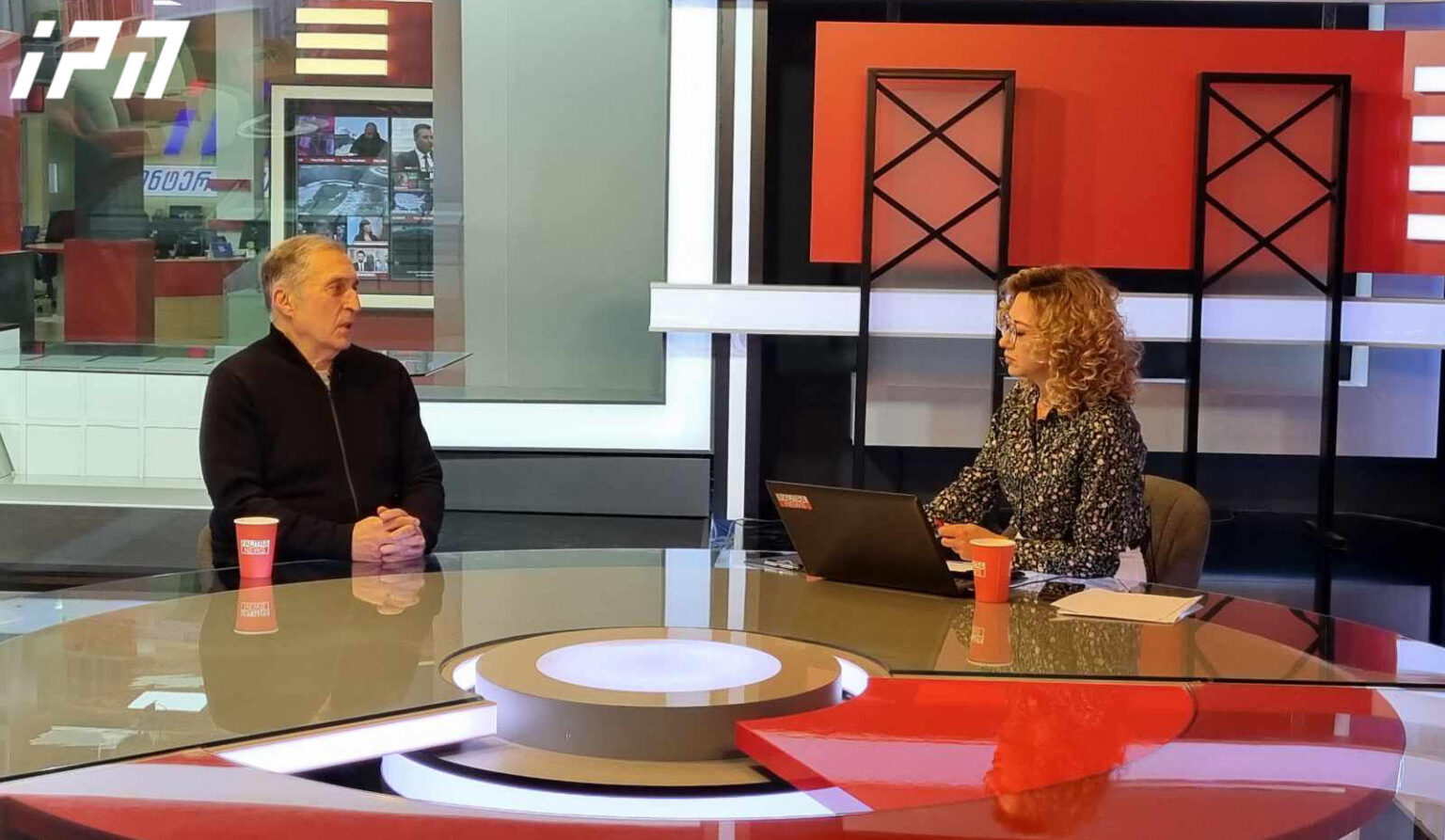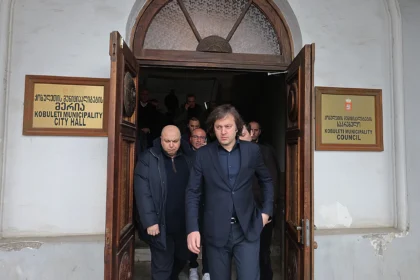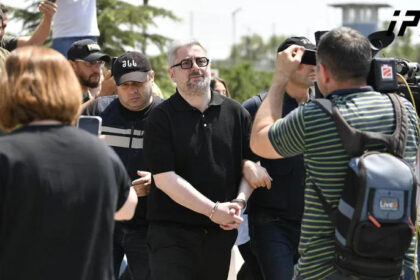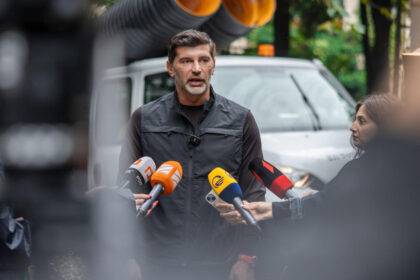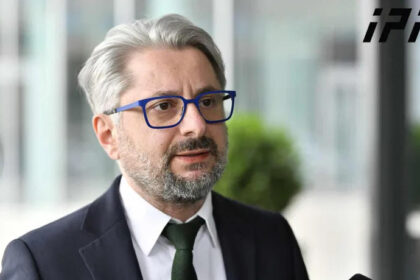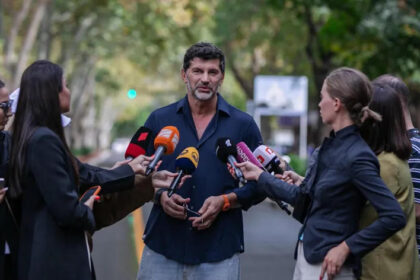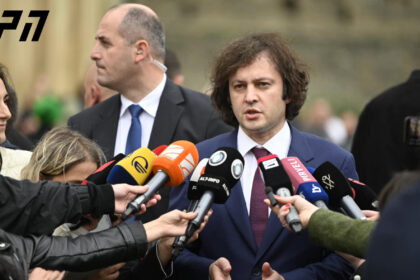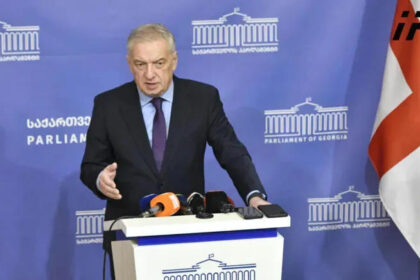**Paata Burchuladze Promotes September Elections, with a Twist**
In a surprising move, singer and political figure Paata Burchuladze has rallied the support of several Georgian parties to hold elections in September. According to him, this would include both local and parliamentary elections. This initiative seems to have gained traction among the parties he met with, including Giorgi Gakharia’s Gakharia for Georgia, Mamuka Khazaradze’s Lelo – Strong Georgia, Tina Bokuchava’s National Movement, and Nika Melia and Nika Gvaramia’s Coalition for Change.
**The Illegitimacy of the Current Government**
Burchuladze believes that the current government is illegitimate, citing its lack of recognition both within and outside the country. He argues that the Georgian Dream party does not have the right to schedule elections, as it was not elected by the people. Instead, he suggests that the power in Georgia belongs to the people, and that Salome Zurabishvili’s presidency, recognized by foreigners, gives her a legitimate claim to scheduling new elections.
**A New Way of Voting: Electronic Elections via Telephone**
One of the key aspects of Burchuladze’s proposal is the use of electronic voting via telephone. This system would allow citizens to cast their votes without leaving their homes, using their registered phones as a means of identification and vote-casting. The system would be tested and verified from abroad to ensure its integrity. According to Burchuladze, this approach would prevent any chance of fraud and would even enable hundreds of thousands of Georgian emigrants to participate in the elections.
**Commentary**
While Paata Burchuladze’s initiative has gained some support among Georgian parties, it remains unclear how this new system would be implemented and enforced. The legitimacy of the current government is a matter of debate, with many arguing that it was indeed elected through a democratic process. Nevertheless, the idea of electronic voting via telephone presents an interesting twist on traditional electoral practices.
**Analysis**
This proposal raises several questions about the feasibility and security of such a system. Would citizens feel comfortable using their personal phones to cast votes? How would the system prevent tampering or interference from outside parties? Moreover, what implications would this have for the country’s electoral laws and regulations?
As Burchuladze’s idea continues to gain traction among Georgian parties, it will be essential to examine these concerns and assess whether electronic voting via telephone is a viable solution for Georgia’s future elections.
Read More @ www.interpressnews.ge




